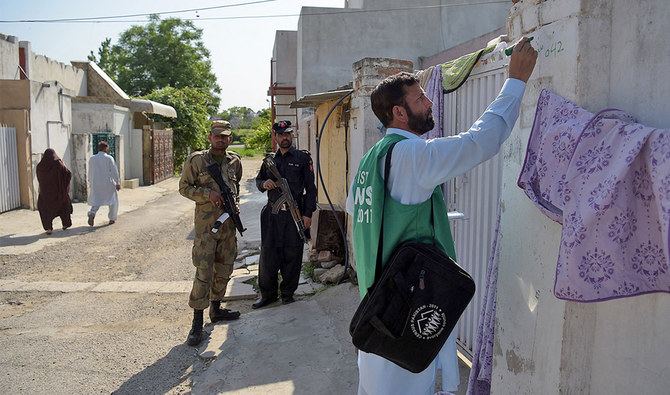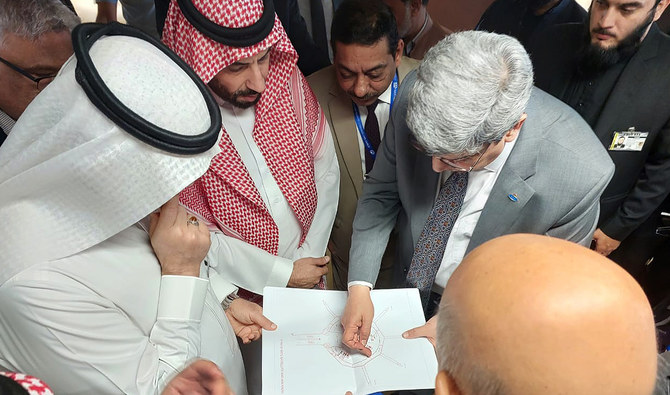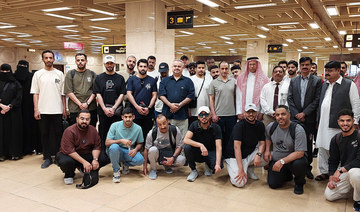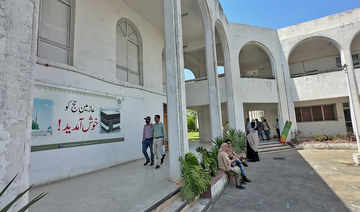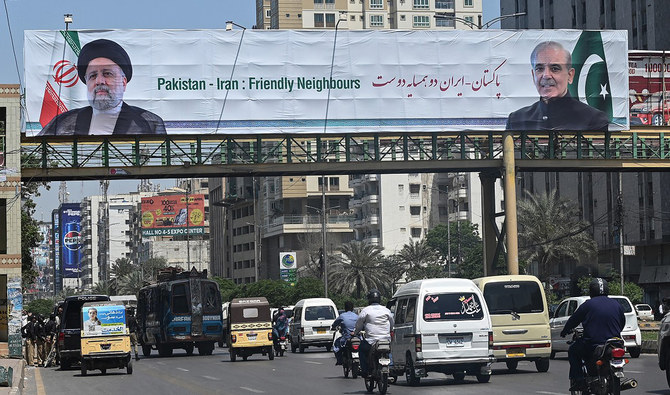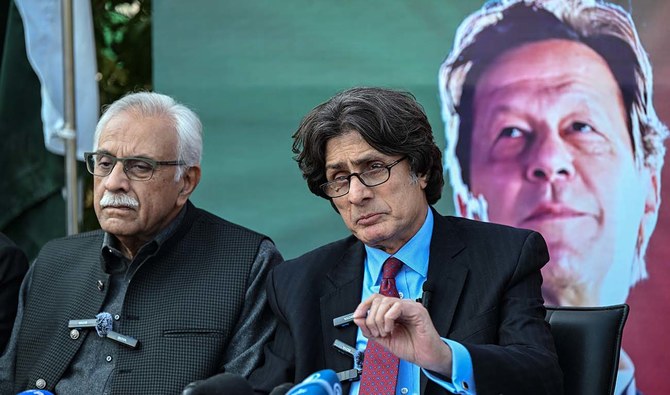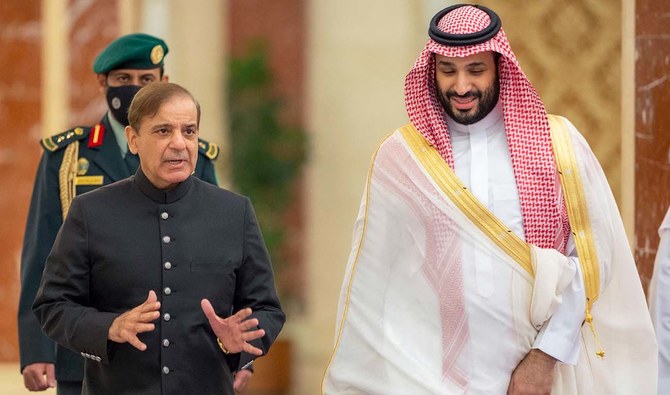ISLAMABAD: The government of Prime Minister Shehbaz Sharif on Saturday approved the results of Pakistan’s first-ever digital population census just days before the expiry of its term in office, leading to widespread speculation that general elections due in October or November may be postponed.
The Pakistan Bureau of Statistics (PBS) conducted a digital census across the country from March to 22 May 2023, and forwarded the results to the Council of Common Interests (CCI), a constitutional body comprising the prime minister and chief ministers of all provinces that decides on matters related to resource distribution and others among the provinces.
“The CCI approved results of the seventh census unanimously,” the Prime Minister’s Office said in a statement after the council’s meeting in Islamabad.
As per the latest census, the country’s total population stands at 241.49 million with annual growth of 2.55 percent. With the notification of the new census, the election commission is now bound under the constitution to conduct new delimitation of constituencies as per the results of the fresh census, a process that can take up to six months.
However, the five-year term of the current legislature expires on August 12 and as per the constitution, the next elections are due to be held within 60 days of the dissolution of the assemblies. If the assemblies are dissolved before the expiry of the term — as the government has said it will dissolve the assembly on April 9 — then elections will be held within 90 days.
The ECP has already said it cannot hold general elections on the basis of the new population count within the stipulated time if it had to conduct fresh delimitation of constituencies. Two political parties, the Muttahida Qaumi Movement-Pakistan (MQM) and PPP, government’s allies in the center, have expressed reservations about the new census.
On Friday, PPP senators in the upper house of parliament said holding elections on the basis of the new census would be a tactic to delay polls.
“The ECP would require four to six months to complete the delimitations, so the national elections would obviously get delayed,” Kanwar Dilshad, a former secretary of the Election Commission of Pakistan (ECP), told Arab News, adding that the ECP may take up to February next year to complete the exercise, which would mean polls cannot be help in October or November.
The population has a huge impact on elections in Pakistan, with census results serving as the basis of the allocation of National Assembly seats among the four provinces of the country and Islamabad, according to Article 51(5) of the constitution.
As things stand under the old census of 2017, national elections would be contested on 266 National Assembly seats with 141 in Punjab, 61 in Sindh, 45 in Khyber Pakhtunkhwa, 16 in Balochistan, and three in Islamabad. This brings the total number of National Assembly seats to 336, out of which 60 seats are reserved for women and 10 for non-Muslims.
The number of constituencies is defined in the constitution under Article 51: “There shall be [three hundred and thirty-six] seats for members in the National Assembly, including seats reserved for women and non-Muslims.” In order to add new constituencies, thus, a constitutional amendment is needed, which requires two thirds majority.
As per the results of the new census, in the last six years, the Pakistani population has registered an increase of 35 million. Punjab’s population now stands at 127.68 million, Sindh 55.69 million, Khyber Pakhtunkhwa 40.85 million, Balochistan 14.89 million and Islamabad 2.36 million.
Balochistan has recorded the highest annual population growth with 3.2 percent, followed by Sindh with 2.57 percent, Punjab 2.53 percent and KP 2.38 percent.
“All our national institutions and provincial governments will have to take urgent steps to arrest population growth,” the prime minister said after approving the census results, adding that Pakistan would face poverty and unemployment if the current trend in the population growth continued.



